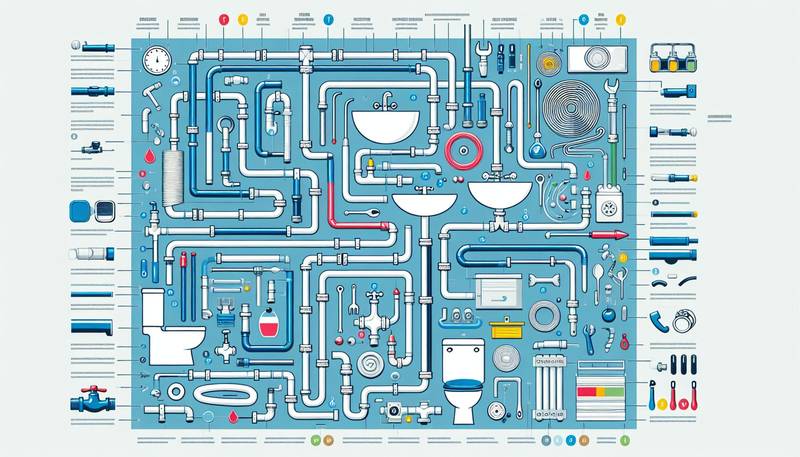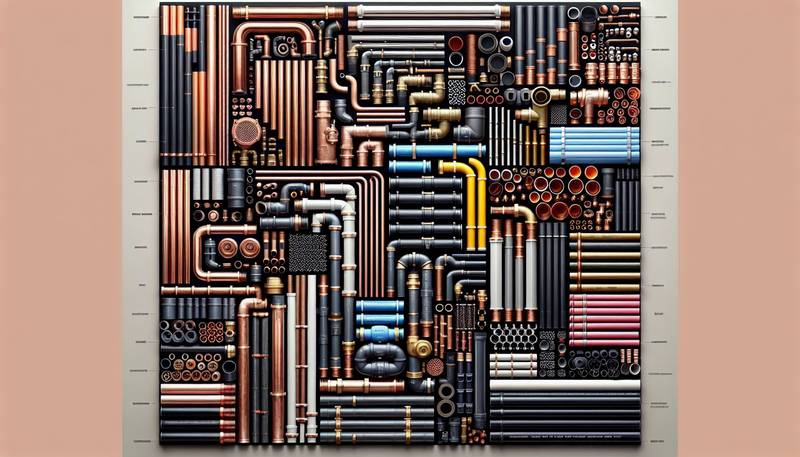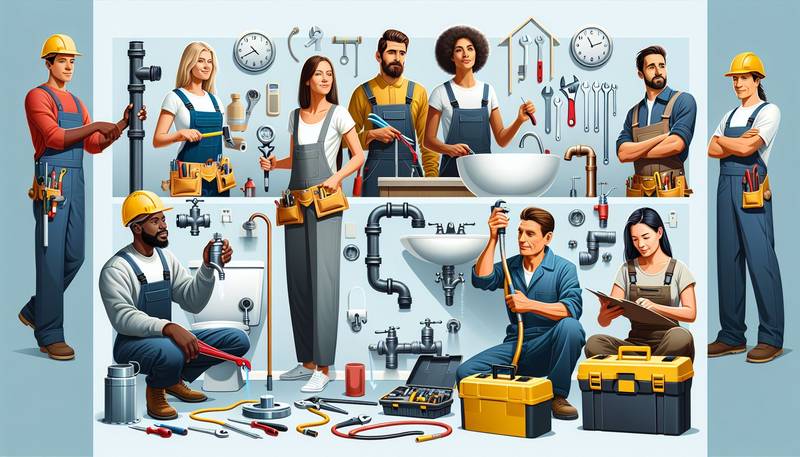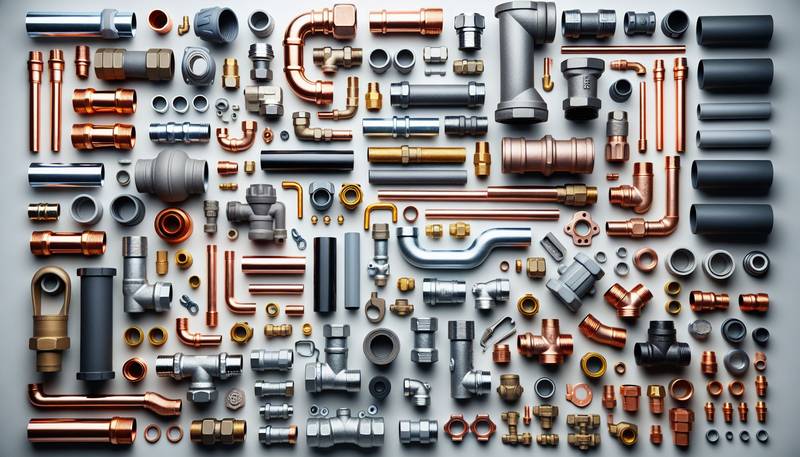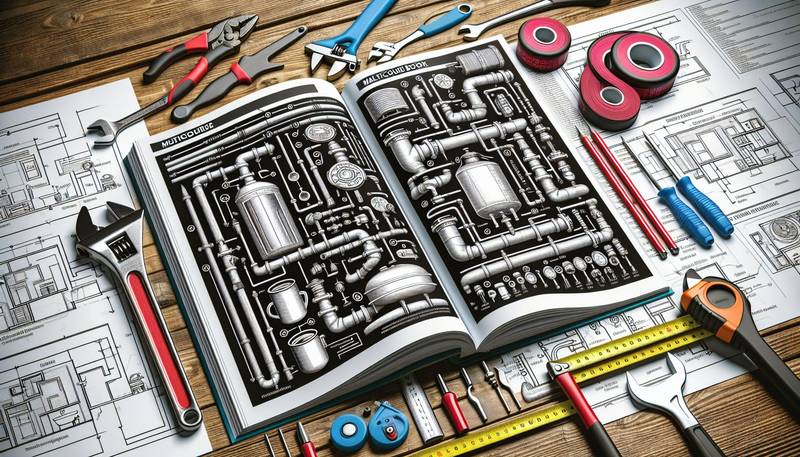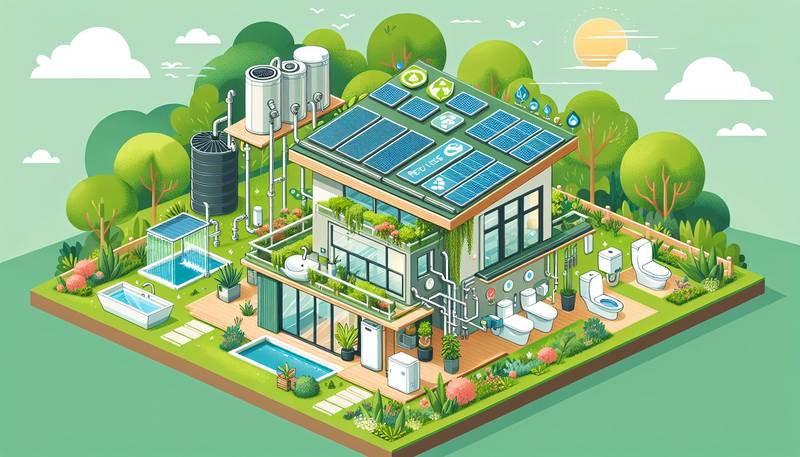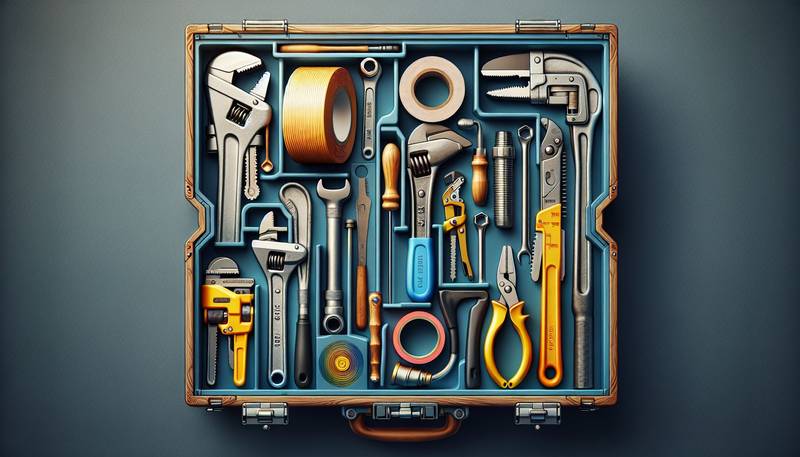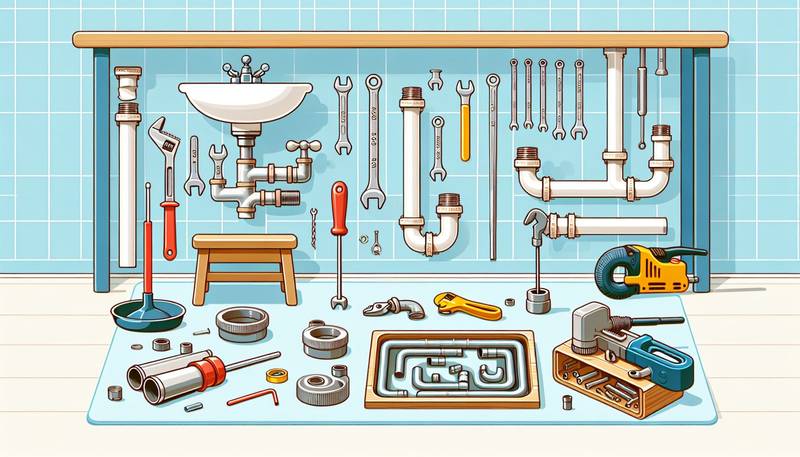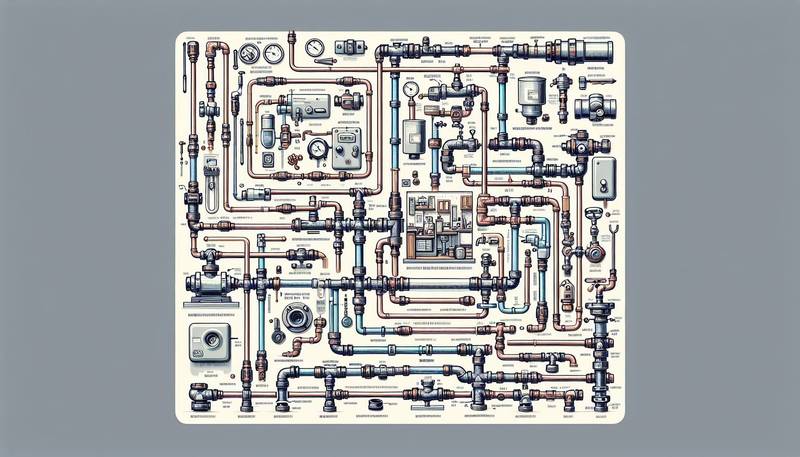Effective Communication Strategies for Plumbing Professionals
In the plumbing industry, miscommunication can lead to costly mistakes, unsatisfied customers, and even potential safety hazards. Therefore, it is crucial for plumbing professionals to develop effective communication strategies to excel in their field.
Importance of Communication in Plumbing
Communication plays a vital role in the plumbing industry for several reasons. Firstly, clear communication allows plumbing professionals to accurately assess the issues at hand and provide appropriate solutions. By listening attentively to clients' concerns and asking relevant questions, plumbers can gather essential information to diagnose the problem effectively.
Furthermore, effective communication helps build trust and rapport with clients. When plumbers communicate clearly and professionally, clients are more likely to feel confident in their abilities and trust their recommendations. Building a strong client-plumber relationship through effective communication can lead to repeat business and positive referrals in the future.
Key Communication Strategies for Plumbing Professionals
Active Listening: One of the most critical communication skills for plumbing professionals is active listening. When interacting with clients, it is essential to listen attentively to their concerns, ask clarifying questions, and demonstrate empathy. By actively listening to clients, plumbers can gain a better understanding of the issue and ensure that they address all relevant concerns.
Use Plain Language: Plumbing professionals should avoid using technical jargon when communicating with clients. Instead, they should use plain language that is easy for clients to understand. By simplifying explanations and avoiding industry-specific terms, plumbers can ensure that clients comprehend the information provided and feel more confident in their decisions.
Provide Clear Explanations: When discussing plumbing issues or repairs with clients, it is crucial to provide clear and detailed explanations. Plumbing professionals should take the time to explain the problem, the proposed solution, and any associated costs in a transparent and easy-to-understand manner. Clear explanations help clients make informed decisions and reduce the likelihood of misunderstandings.
Set Expectations: Effective communication involves setting clear expectations with clients regarding timelines, costs, and potential outcomes. Plumbing professionals should communicate realistic timelines for completing the work, provide accurate cost estimates, and discuss any potential challenges that may arise during the repair process. By setting clear expectations upfront, plumbers can manage clients' expectations and avoid any surprises down the line.
Follow Up: After completing a plumbing job, it is essential for professionals to follow up with clients to ensure that the issue has been resolved satisfactorily. Following up shows clients that their satisfaction is a priority and gives them an opportunity to provide feedback on the service received. Plumbing professionals can use follow-up calls or emails to gather valuable insights, address any lingering concerns, and build long-term relationships with clients.
Conclusion
Effective communication is a fundamental skill for plumbing professionals to succeed in their industry. By actively listening to clients, using plain language, providing clear explanations, setting expectations, and following up after completing a job, plumbers can build trust, enhance customer satisfaction, and differentiate themselves in a competitive market. Investing time and effort in developing strong communication skills can lead to improved client relationships, increased business opportunities, and overall success in the plumbing profession.

